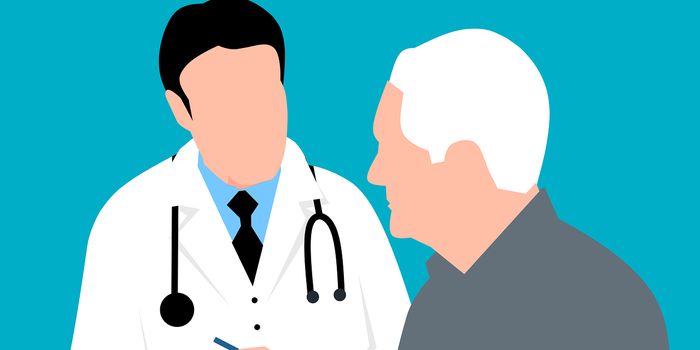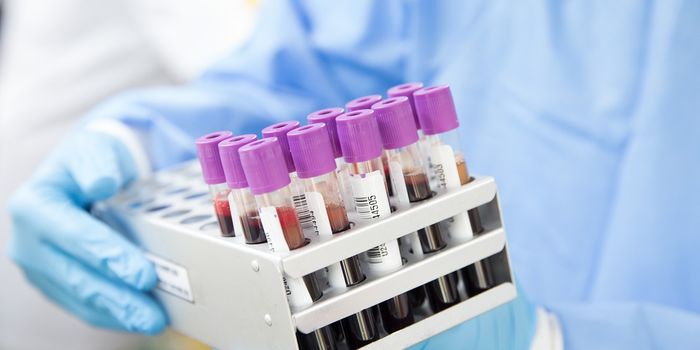Testing for 3 Genes May Prevent Many Drug Side Effects
When a drug causes an unintended effect, that is an adverse drug reaction (ADR), and they can range from mild to severe. Sometimes, they may even have life-threatening impacts. In the US in 2022 alone, there were more than 1.25 million documented serious ADR events, and almost 175,000 deaths. Some research has shown that the vast majority of people, about 90%, carry some genetic variant that can lead to an ADR.
Small variations in the sequences of human genes can have a variety of influences; some may have no effect while others can lead to disease. In a new study, researchers wanted to know more about how genetic variants are linked to ADRs. This work indicated that about 9% of the ADRs that arise in the UK are related to some genetic factor. Within that group, 75% of the ADRs were associated with changes in only three genes. These genes are related to how the body metabolizes drugs.
The study, which was reported in PLOS Medicine, suggested that genetic testing could dramatically reduce the number of ADRs.
In this research, the investigators analyzed more than 1.3 million ADR reports that were submitted to the Medicines and Healthcare products Regulatory Agency (MHRA) in the UK. There were 115,789 (9%) cases in which the side effect could be predicted with genetic testing. Then, 75% of these instances traced back to one of three medication-processing genes: CYP2C19, CYP2D6, SLCO1B1. The influence of genetics on the drug response is known as pharmacogenetics.
The research also showed that pharmacogenetic testing would reduce the instances of ADRs by 47% for psychiatric medications, and by 24% for cardiovascular drugs. The individuals who were most likely to benefit would be older men.
If a pharmacogenetic risk is identified in a patient, ADRs can be avoided by selecting different medications or by adjusting the dosage.
"This is the largest analysis of the potential role of pharmacogenomics in adverse reactions from a national spontaneous reporting system," noted Professor Sir Mark Caulfield of Queen Mary University of London. "It suggests that 9% of these reports may relate to our genetic make-up. This could be avoidable if we had measured the genetic make-up of the person before prescribing these medicines."
Sources: Queen Mary University of London, PLOS Medicine









